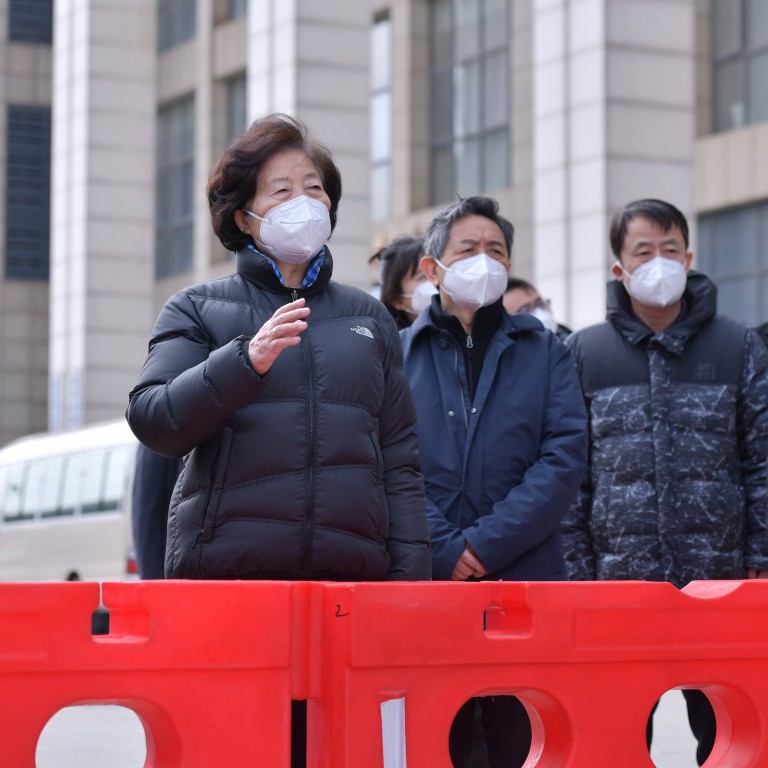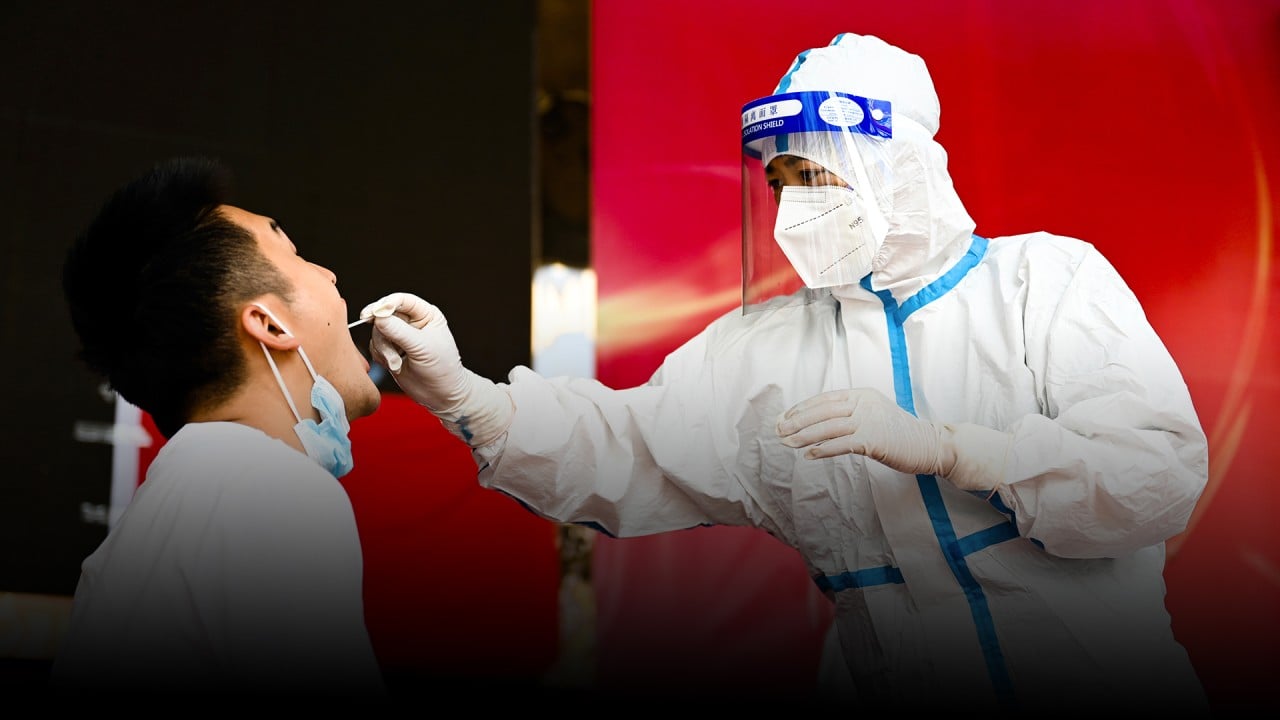
Overseas Covid-19 relaxations pose new challenges for China
- Vice-Premier Sun Chunlan calls for more study into how the virus transmits as other countries open up to foreign travel
- Chinese border controls remain among the strictest in the world but authorities are grappling with how far to loosen them
In a meeting with experts at the Chinese Centre for Disease Control and Prevention on Monday, Sun said that, while experience had shown the success of China’s approach of sustained control to the pandemic, further study was needed into how the coronavirus transmits and mutates.
China has experienced only a few sporadic outbreaks since the start of the year, after bringing the coronavirus under control through a strict regime of lockdowns, mass testing and control of movement using QR codes. Its border control measures – among the strictest in the world – remain in place.

06:05
As more countries ditch ‘zero-Covid’ policy, why is China opting to ‘wait and see’?
While the authorities have not ruled out adjusting their zero-tolerance policy for Covid-19, Sun’s comments revealed the ongoing headache for the top echelons of the Chinese government and the party caused by the increasing number of countries abandoning their hardline approach to the virus.
“The key to normalising epidemic control is to prevent the import of cases and strictly isolate the infected under central management,” she said, according to Communist Party mouthpiece People’s Daily. Sun is also a member of the decision-making Politburo and is leading China’s Covid-19 response.
Separately, Gao Fu, head of the Chinese CDC, said that when Covid-19 looked more similar to the flu in terms of death rate and spread, a “long-term battle strategy” – which included living with the virus – would be needed if mass inoculations failed to eliminate the coronavirus.
“China’s zero-Covid policy has won us so much time, for us to procure enough vaccines and administer them. If our vaccination rate goes above 85 per cent in early 2022, then we will have succeeded,” he said in an interview with Wang Boming, editor-in-chief of Caijing magazine.
“First, fewer people will be infected; second, there won’t be serious cases or deaths, only mild cases. The virus is also getting weaker. At that point, I want to ask: with the whole world opened up and the death rate dropped so low, why would we not be opening up?”
Is China’s top doctor signalling a shift away from zero Covid-19 policy?
Gao said China’s road map had been to increase its vaccination rate, develop new vaccines and eventually create a drug to tackle Covid-19, but eliminating the virus would be a long battle. “Since we are battling this virus in a long fight, I want to ask: are there other solutions rather than living with the virus?”
He was more optimistic than Zhong Nanshan, China’s leading respiratory diseases expert, who said in early October that the country’s strategy should centre on prevention and a healthy lifestyle rather than the development of a treatment, while it was unknown how long vaccines would offer protection and whether the death rate would continue to fall.
“When all these are uncertain, our guiding thought is to promote healthy living. That means we will not spend a lot of energy researching how to save the ill,” Zhong said in an interview with Southern People Weekly.
As of mid-September, 78 per cent of China’s population were vaccinated against the coronavirus, and local outbreaks in recent months have been brought under control within weeks.

